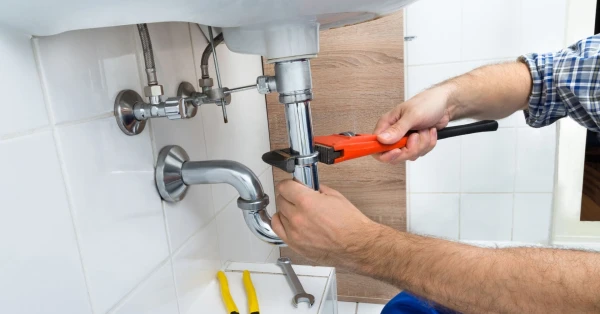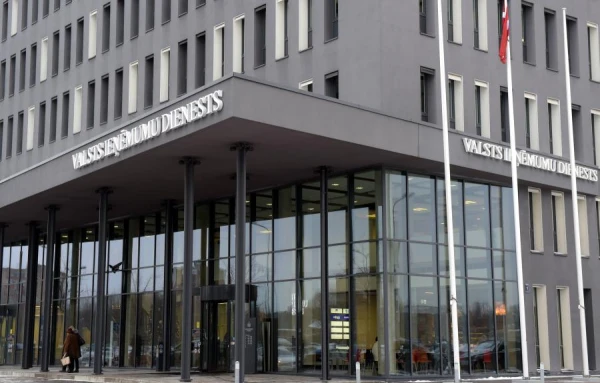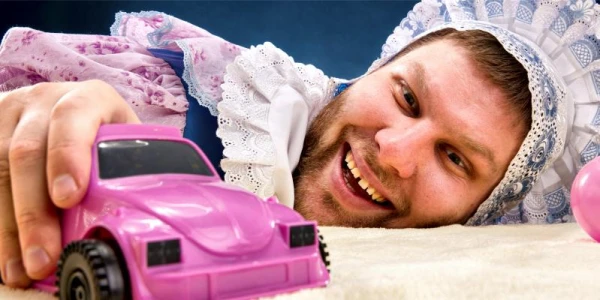
When a faucet leaks, electricity goes out, radiators do not heat, or a toilet breaks, the first call often goes to the manager, but in most cases, such problems should be resolved by the apartment owner themselves.
In the management of residential buildings, the boundary between the responsibility of the manager and the apartment owner often seems blurred, but in reality, the law clearly defines the rights and duties of each party. For the building to be safe and retain its value, both managers and owners must clearly understand where one party's involvement ends and the other's begins.
What Does the Manager Do?
Residential managers operate in accordance with the Law on the Management of Residential Buildings, the Law on Apartment Ownership, and Cabinet of Ministers Regulation No. 907, and their duty is to ensure the execution of management tasks set by the apartment owners.
These regulations clearly define that the manager's task is to take care of the parts of the common property — the building structures, roof, stairwells, basements, risers, and other common utility networks, explains Diana Friedenberga, head of the residential building management department at Civinity. "The manager organizes building inspections, plans and oversees repair work, contracts with utility providers, and administers payments from owners, ensuring the building is in good technical condition and the safety of its residents.
Their responsibilities also include monitoring the technical condition of the building and coordinating planned repairs to prevent potential damage before it escalates into serious problems," explains D. Friedenberga.
Where Does the Responsibility of Owners Begin?
Owners, in turn, are responsible for the electrical wiring in the apartment, internal repairs, and plumbing, including the toilet. Simply put, everything within the apartment that serves only the specific property falls under the owner's purview.
"An apartment building is a joint property, and each resident owns a part of it, so owners must understand that their role is not limited to just paying bills and taking care of their apartment. They must participate in general meetings, vote on decisions, and monitor the condition of the building. Decisions about repairs, improvements, and the development of the building are not solely within the manager's competence — they must be made jointly with the apartment owners, collaborating and aligning priorities," notes D. Friedenberga, adding that it is also important to pay for management services and utilities on time. "This is one of the most important conditions for the building to be eligible, for example, for co-financing or a renovation loan. Debts not only create tension among residents but also hinder any development initiatives."
Why Is Cooperation Necessary?
Trusting cooperation between the manager and the owners is the foundation of good building management.
"Only with open communication and joint decision-making can the building be maintained in good technical condition, ensure planned repairs, and preserve property value. For this reason, Civinity emphasizes the principle of partnership in its work — organizing general meetings of apartment owners, maintaining regular communication through various channels, and helping residents understand their responsibilities.
To expedite decision-making, the company also offers assistance in forming apartment owner associations, which facilitates prompt resolution of issues related to the maintenance, repair, and improvement of common property. This practice has already proven to be an effective model of cooperation in several buildings," says D. Friedenberga.
Clear Boundaries = Organized Home
The manager is not a personal handyman for the residents but a partner whose task is to care for the common property and its sustainability.
"Each apartment owner, in turn, must take responsibility for their property and actively participate in decision-making that affects the entire building. Only by collaborating and being aware of their role can safety, cleanliness, and the long-term preservation of the building be ensured. Our goal is not just to manage but to help owners realize that they themselves are the masters of their home. The management company is not responsible for your toilet, but we are responsible for ensuring that the entire building as a whole is safe, functional, and well-maintained," reminds D. Friedenberga.













Leave a comment